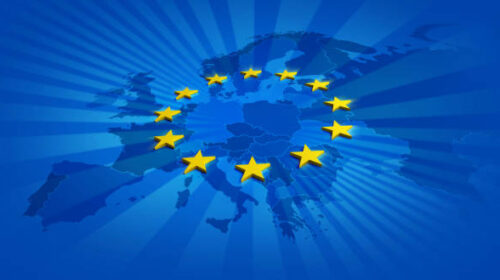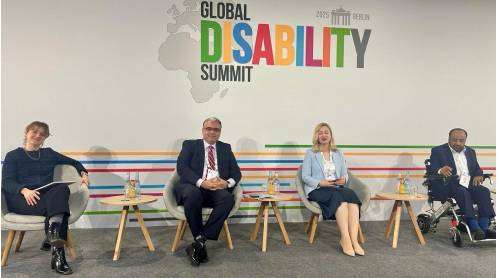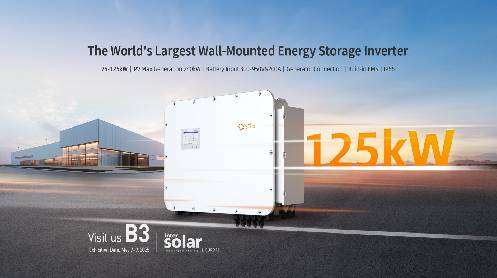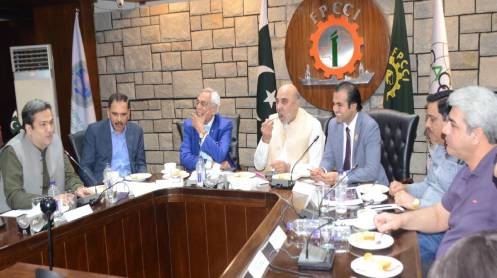Germany and Austria came out strongly against the European Union proposal to classify some natural-gas and nuclear projects as sustainable investments, with both countries accusing the bloc of “greenwashing.”
In Berlin, the Greens — who joined Germany’s new ruling coalition following September’s election — criticized the regulatory plan as damaging the credibility of the EU green rulebook, known as taxonomy, and threatening to divert investment away from renewables. The country is phasing out nuclear energy and wants to shut all its atomic power plants by year’s end.
“It’s a kind of greenwashing that we shouldn’t support,” Ricarda Lang, a deputy leader of the party, told ARD television Monday. “That means that Germany cannot sign up to this proposal on EU taxonomy.”
Opponents are pressuring the European Commission to modify its plan, knowing they face a difficult task in trying to block it at a later stage. The commission is using a special scrutiny procedure that would require at least 20 member states — representing at least 65% of the EU’s population — to collectively reject the rule in coming months, which is very unlikely. Several key countries, including France, strongly support the inclusion of nuclear power.
In a proposal sent for consultations to member states Friday, the commission wants to put a temporary green label on gas projects that replace coal and emit no more than 270 grams of carbon dioxide equivalent per kilowatt-hour. Those facilities would have to obtain construction permits before 2031 and have plans to switch to renewable or low-carbon gases by 2036.
Nuclear energy could be classified as sustainable as long as the new plants granted construction permits by 2045 meet a set of criteria to avoid significant harm to the environment and water resources, according to the draft seen by Bloomberg News.
Austria’s climate and energy minister, Leonore Gewessler, called on the EU executive to change the proposal or risk legal action.
“Greenwashing atomic energy and fossil gas is completely unacceptable,” Gewessler said Monday in an interview broadcast on ORF radio. “Finance markets need a credible label. That’s why this is so important.”
Investor Scrutiny
The EU taxonomy is closely observed by investors worldwide as a tool to guide private finance in the region’s ambitious transition to climate neutrality. The challenge is to ensure the decision on how to treat nuclear and gas gets political support in the 27-nation bloc while avoiding the risk of greenwashing, or overstating the significance of emissions cuts.
The commission said Saturday that gas and nuclear could “facilitate the transition toward a predominantly renewable-based future.” Europe wants to reach carbon neutrality by mid-century under the Green Deal, a sweeping overhaul meaning to accelerate pollution cuts in energy production, transportation and other industries.
The decision on whether the green investment rulebook should include gas and nuclear power was delayed in April following criticism that such an addition could undermine the credibility of the system.
Giving a temporary green label to certain gas projects could facilitate investments in cleaning up coal-based heating systems in countries such as Poland. That’s an argument often raised by East European politicians.
The role of atomic power has pitted Germany, Denmark and Luxembourg against France and the Czech Republic, which both want to rely on reactors in the clean shift.
Member states and the Platform on Sustainable Finance have until Jan. 12 to provide feedback. The Commission then will adopt the delegated act later this month.
After that, the plan goes before the European Parliament and national governments in the EU Council for scrutiny.
Luxembourg Energy Minister Claude Turmes, a member of the Green party, called the EU proposal a “provocation” and warned it harbors the risk of greenwashing.
“Does the EU Commission want to seriously motivate citizens to do more climate protection in the new year with nuclear and gas?” he said on Twitter.







